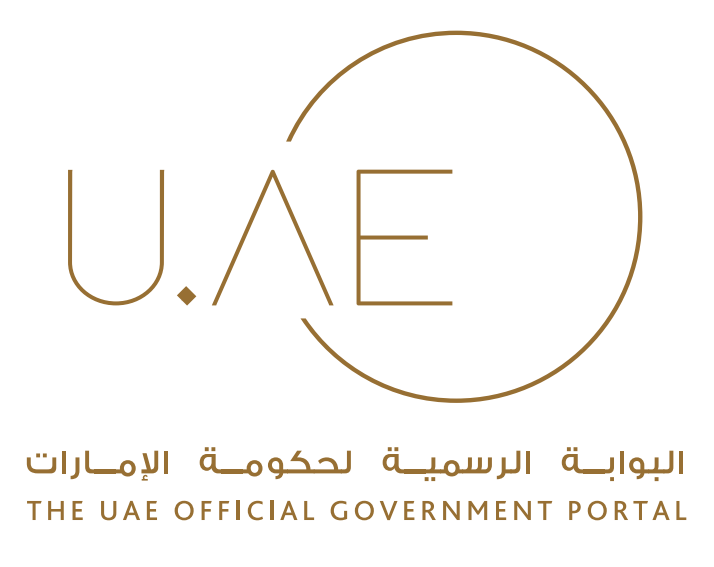Arab media is at a defining crossroads, as ministers from across the region gathered at the Arab Media Forum, held as part of the ongoing Arab Media Summit 2025, to call for urgent reforms, greater unity, and bold investment in artificial intelligence.
In a session titled ‘Dialogue of Arab Ministers of Information’, leaders from the UAE, Bahrain, Kuwait, Egypt, and Lebanon warned that, without swift adaptation, traditional media risk irrelevance in a landscape dominated by rapid technological change and individual content creators.
His Excellency Sheikh Abdulla bin Mohammed bin Butti Al Hamed, Chairman of the National Media Office, Chairman of the UAE Media Council, opened the session by stating that the transition from traditional to modern technologies is no longer optional, but essential for the survival of media.
He warned that professionals who fail to embrace artificial intelligence risk being outpaced by more agile, digitally savvy competitors. “We are at the start of a new technological era. If we don’t engage with it now, it will be too late,” he said.
Al Hamed urged traditional media outlets to adopt a unified voice rooted in credibility, and to evolve their language, tone, and formats to keep pace with change.
He noted that, without rethinking storytelling techniques, video production, and audience engagement, many institutions could lose relevance in an age increasingly shaped by individual content creators.
He also stressed the importance of media literacy in schools, so that future generations are equipped to navigate and assess digital content responsibly.
Building on the call for future-focused reform, His Excellency Dr. Ramzan Al Nuaimi, Minister of Information, Kingdom of Bahrain, described Arab media as undergoing a historic transition, spurred by the rapid rise of artificial intelligence.
“AI has the power to completely restructure our media systems and content — it offers quantum leaps if we know how to use it,” he said.
Al Nuaimi proposed a three-pillar approach — strategic, functional, and legislative — to help integrate AI effectively across media systems.
He called on governments to open space for youth and small businesses, fostering innovation and building culturally rooted economies, while also stressing the importance of nationwide initiatives to equip younger generations to drive transformation across all sectors.
Echoing the call for modernisation, His Excellency Abdulrahman Al Mutairie, Minister of Information and Culture, Kuwait, discussed the critical role of speed, credibility, and transparency in media.
“With over 70% of news consumed through social media — this challenge must be transformed into a chance for meaningful engagement with society,” he said.
Al Mutairie urged media institutions to act as guides — “maintaining principles, supporting community needs, and fostering public trust.”
He referred to Platform 51, Kuwait’s digital media initiative, as a case study in technological adaptation. “Through this experience, Kuwait has developed institutional memory of the pilot phase and practical insights into applying modern technology,” said Al Mutairie.
He emphasised that media institutions must give proper attention to content quality, support creativity, and develop projects that reflect authentic Arab identities.
“It’s not an easy task — it carries risks. But with the right approach, risks can turn into opportunities,” said Al Mutairie. “Today, individuals have become their own ministries of information.”
His Excellency Ahmed El Moslimany, Chairman of the National Media Authority, Egypt, also addressed the question of Arab unity in media.“What we need is a new Arabism — one that forms the gateway to a future-oriented media,” he said.
El Moslimany advocated for an ‘Arab-Islamic commonwealth’, grounded in unified principles and supported by coherent media rules. Without aligning efforts around these foundational values, he warned, no lasting unity would be possible.
On the evolving role of media, El Moslimany said, “Government media should not only mirror national achievements but actively participate in the development process.”
He stressed that Arab media must support science and education, not just entertainment, adding, “Media has a cultural responsibility — we need content that reinforces national identity and educates the public.”
Looking ahead, he cautioned against shallow media trends. “In the next five years, we must focus on serious issues — not allow media to shift the public agenda toward the trivial,” he said.
Building on that perspective, His Excellency Paul Morcos, Minister of Information, Lebanon, described Arab media as being in a transitional phase — moving from a consumption model to one of real influence. He stressed that the region must collectively share expertise and content to ensure this shift happens smoothly.
Morcos called on Arab states to seize the moment by leveraging technological advancement to create positive impact and mitigate risks, stressing that regional cooperation is essential to combat disinformation, preserve internal stability, and build a unified Arab media presence.
“Let us use this transitional phase to strengthen pan-Arab media collaboration, exchange knowledge, and shape a future that serves our societies,” said Morcos.









 For an optimal experience please
For an optimal experience please